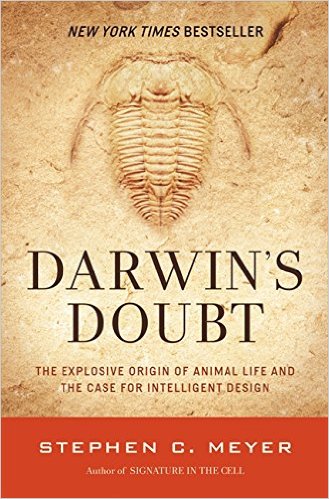The Power of Gratitude
 My six-year-old has a gratitude journal. I’d like to say I came up with the idea, but all the credit goes to his Grade 1 teacher. Writing in a gratitude journal is a regular part of my son’s school schedule. He doesn’t attend a private school; his teacher simply understands the power of giving thanks.
My six-year-old has a gratitude journal. I’d like to say I came up with the idea, but all the credit goes to his Grade 1 teacher. Writing in a gratitude journal is a regular part of my son’s school schedule. He doesn’t attend a private school; his teacher simply understands the power of giving thanks.
I don’t use the word “power” loosely. A life motivated by acts of gratitude looks decisively different than a life devoid of thanks. Consider these survey findings from a group of psychologists:
- 90% of people surveyed found that expressing gratitude made them more joyful
- 84% said it reduced stress and depression and increased optimism
- 78% said it gave them more energy*
These results are cited in a book called 10 Mindful Minutes that inspired my son’s teacher to make gratitude journaling a regular part of her curriculum (children require teaching to cultivate gratitude since most aren’t naturally thankful). This book is just one title from a growing segment of writers who proclaim the merits of saying “thank-you” (Ann Voskamp’s One Thousand Gifts is an excellent guide on how to embrace everyday blessings).
Many of us choose to make goals or resolutions throughout the year. These are steps we take to assess what’s wrong with our lives and to search for solutions that will hopefully increase our happiness. Resolutions are attempts to “re-solve” a matter with a new sense of commitment. Resolutions are honourable and effective when structured in the right way (here's a resource on how to develop a personal growth plan), but I’m not convinced that many goals will measure up to the value of giving thanks. A life that reflects daily gratitude is a life that is filled with joy, patience, and generosity.


 Darwin’s Doubt: The Explosive Origin of Animal Life and the Case for Intelligent Design
Darwin’s Doubt: The Explosive Origin of Animal Life and the Case for Intelligent Design